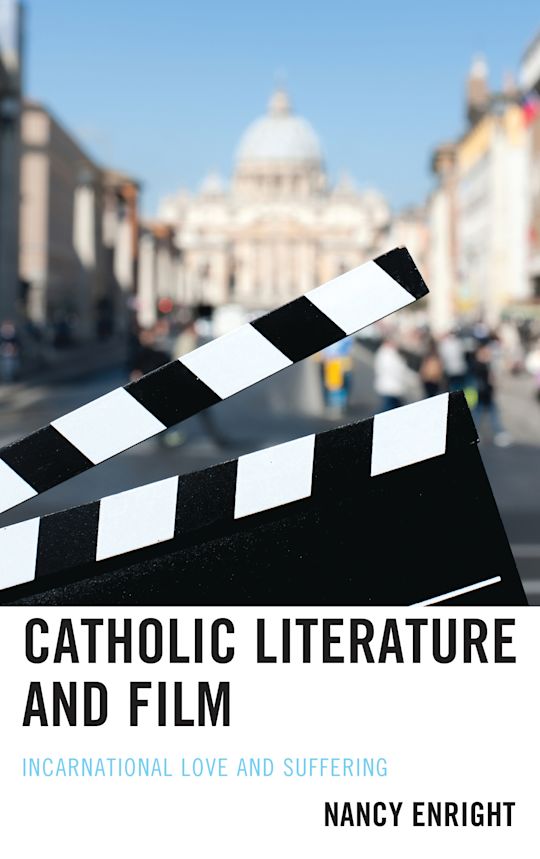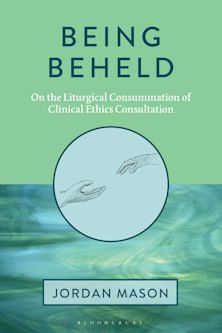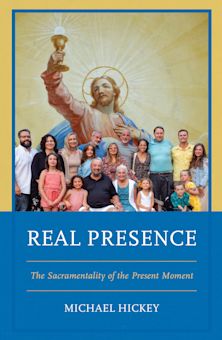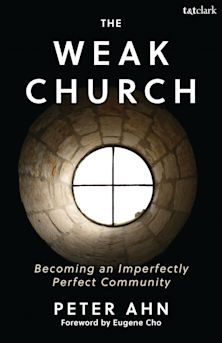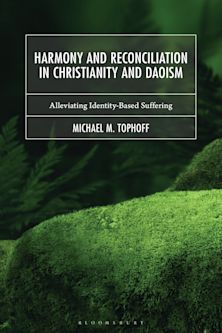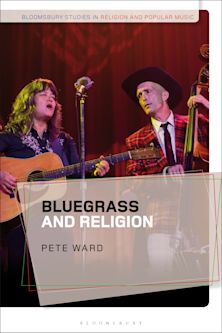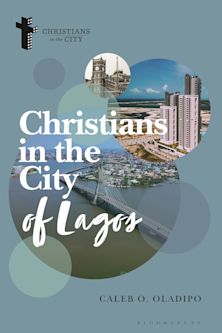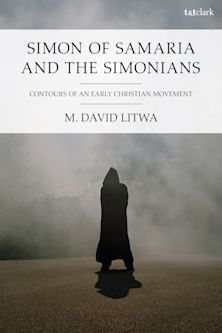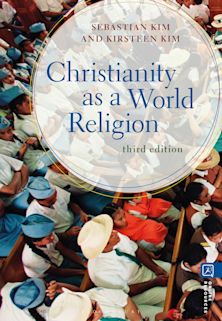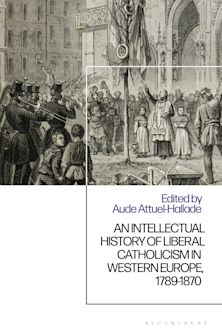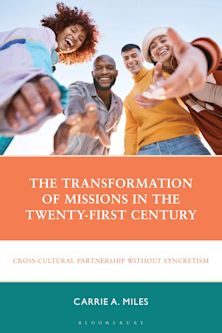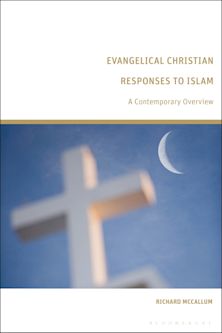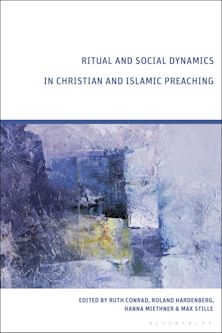- Home
- ACADEMIC
- Religious Studies
- Christianity
- Catholic Literature and Film
You must sign in to add this item to your wishlist. Please sign in or create an account
Description
Catholic Literature and Film: Incarnational Love and Suffering is meant to be considered as a work of literary criticism, not film adaptation studies. In it, the author explores six literary works dealing with Catholic themes and the film versions of these works. The discussion of the films is at the service of analyzing the texts. Underlying all the discussions is an incarnational, sacramental view of the texts, which links to my interpretation of the film versions of them. Catholic and actually any Christian interpretation of literature or film or any other art form is rooted in an iconic and sacramental understanding of imagery as a means of conveying the sacred. Catholic spirituality lends itself to this sort of approach, as it is deeply rooted in the ability to see sacred things through physical means. A key sub-theme is romantic love in connection with salvation, which Charles Williams, one of the “Inklings” (the group of British writers, including J.R. R. Tolkien and C. S. Lewis, who met and discussed literature and theology), calls “the theology of romantic love,” as well as the sub-themes of redemptive suffering, and grace. My interest in the book is not an analysis of cinematography, per se, but on the films as vehicles for religious ideas.
What makes this approach unique is that it doesn’t deal with only faith and film, as Peter Frazer does very well in his book Images of the Passion: The Sacramental Mode in Film, for example; it also goes beyond the realm of strict literary criticism in its tackling of how religiously oriented works of literature are affected by the transformation into film.
Table of Contents
Chapter II – Henryk Sienkiewicz’ Quo Vadis?: Suffering and Love in the Church of St. Peter
Chapter III – Graham Greene’s The End of the Affair The Sanctity of Grace
Chapter IV – Robert Bolt’s A Man for All Seasons: Thomas More and Self-Identity
Chapter V – Evelyn Waugh’s Brideshead Revisited: The Sources of Pain and the Beginnings of Love
Chapter VI – Tolkien’s The Lord of the Rings and The Hobbit: Text and Films, “Eucatastrophe” and “Enchantment”
Chapter VII – Victor Hugo’s Les Miserables: Love and Redemption of the Suffering Poor
Chapter VIII – Conclusion
Product details
| Published | 21 Nov 2016 |
|---|---|
| Format | Ebook (PDF) |
| Edition | 1st |
| Extent | 172 |
| ISBN | 9798216307150 |
| Imprint | Lexington Books |
| Publisher | Bloomsbury Publishing |
About the contributors
Reviews
-
The major contribution of Catholic Literature and Film is its juxtaposition of related historical texts, literary text, and the various film versions of the literary text when more than one exist. Many prior works examine either the literature or the film, but not both, and they do so from the perspective of cultural or film criticism and, therefore, are not as thorough in their analysis of the literary text, nor do they offer as much depth of understanding of the theological concepts as this examination does. Readers will also find themselves enlightened by Enright’s complex distinctions among the classical, Christian, and specifically Catholic faith traditions.
Mary Ann B. Miller, Caldwell University, editor of "St. Peter's B-list: Contemporary Poems Inspired by the Saints"
-
Nancy Enright’s very smart book first defines how a film can be 'incarnational' and 'sacramental,' and so express the faith once for all passed down; then she builds upon that solid foundation thoughtful analyses of six deeply Catholic films. With a refreshing clarity of expression she describes the transposition of literary classics like Brideshead Revisited and Les Miserables and The Lord of the Rings from novel to film while guiding her readers toward a deeper understanding of Christian theology and piety.
Peter Fraser, Regent University
-
Stories affect the whole person, stimulating our senses and our imaginations, challenging our hearts and our minds. An English professor, Enright has an insider’s grasp of theology, which she has used masterfully in her new book, Catholic Literature and Film, to illuminate six superb movies and the novels that inspired them. It is the best source I have encountered for presenting central Catholic teachings through these most influential mediums.
Mark Miller, St. Ignatius Institute









